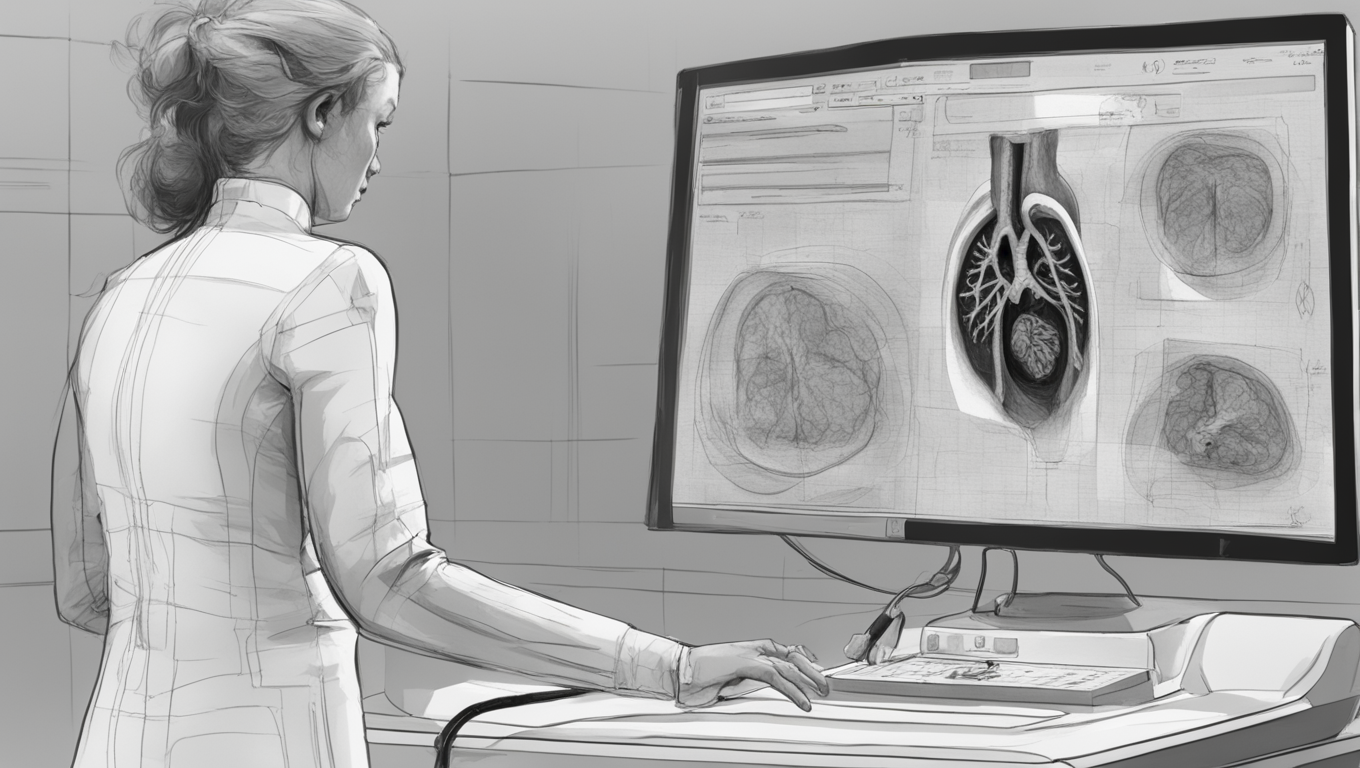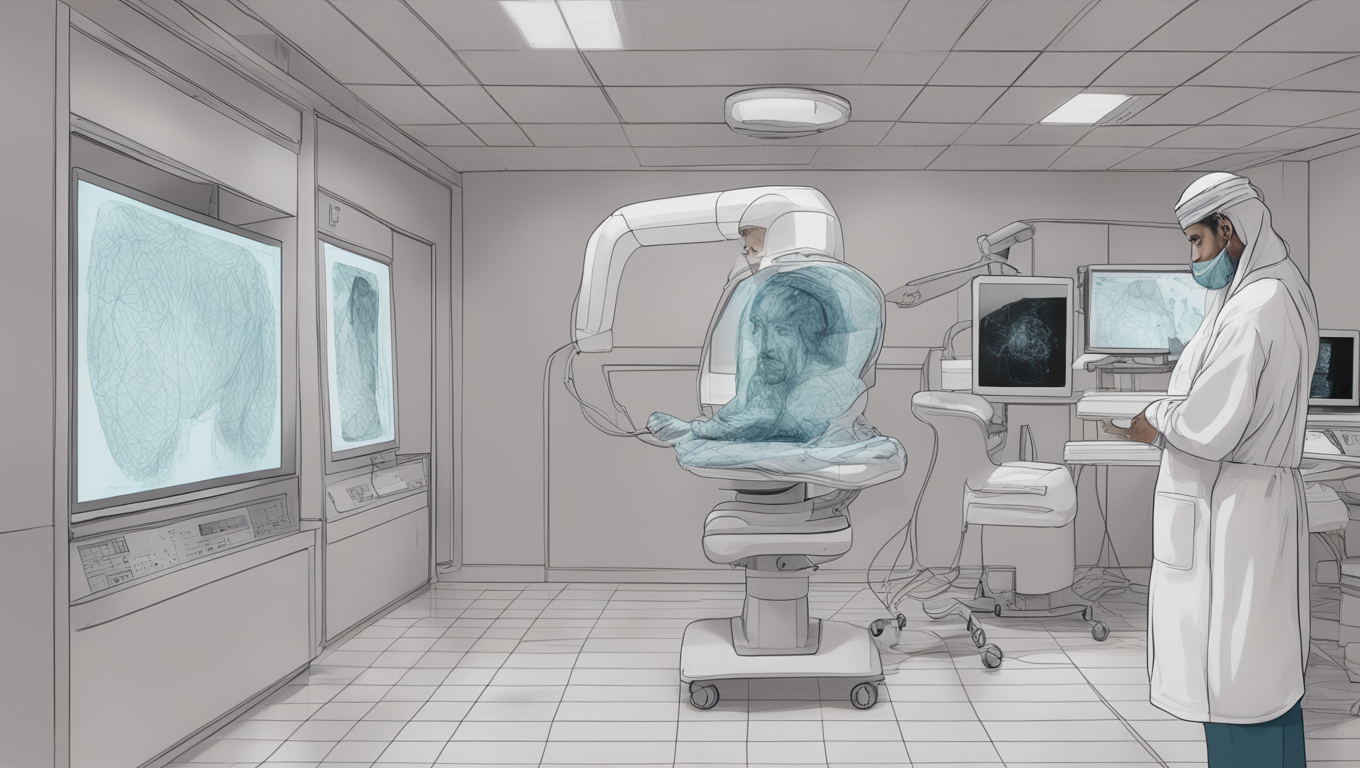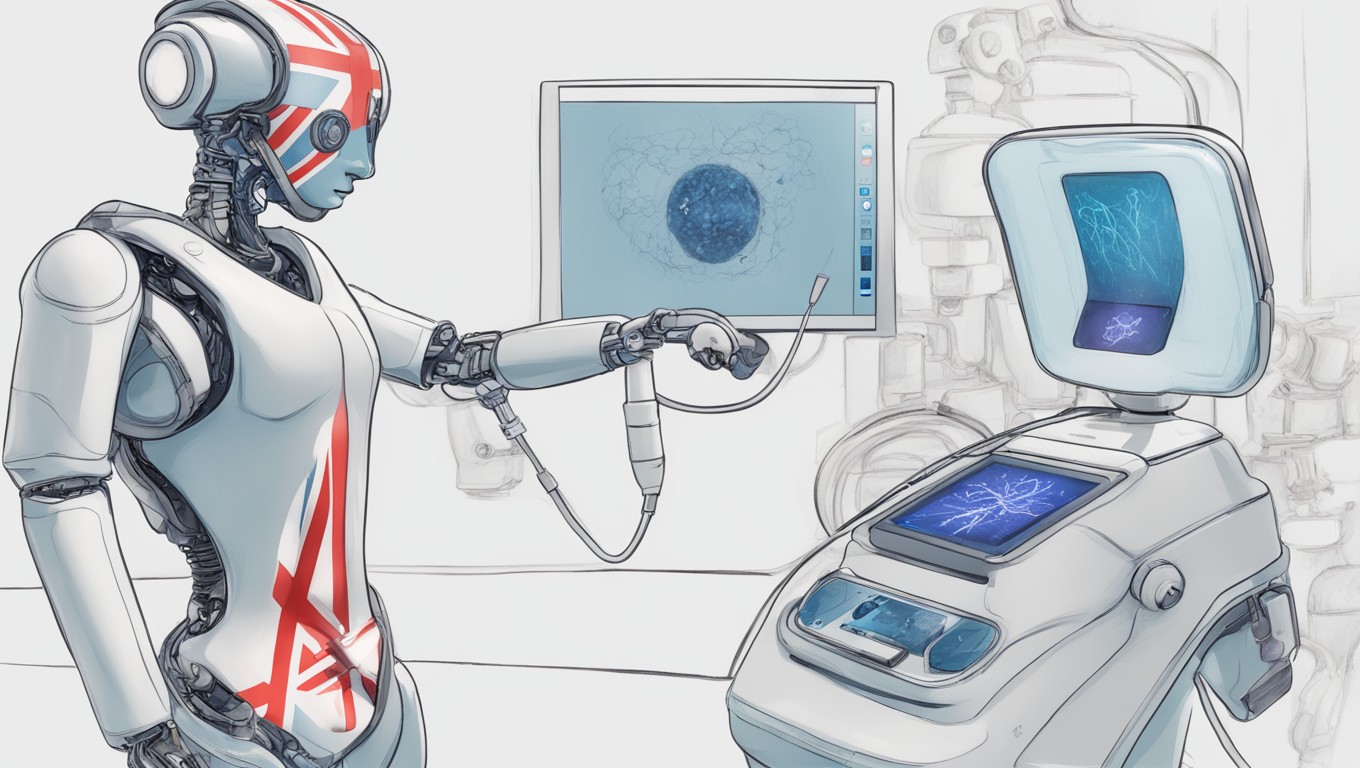A team of researchers from University College London (UCL), the University of California, the University of Cambridge, and the Alan Turing Institute have developed a machine learning model that could revolutionize lung cancer screening programs. The model, based on data from over 240,000 smokers, uses three predictors – age, smoking duration, and “pack years” – to calculate a person’s risk of developing lung cancer and dying from it within the next five years.
Dr. Thomas Callender, a senior clinical research fellow of respiratory medicine at UCL, explained the importance of identifying high-risk individuals: “We know that screening for those who have a high chance of developing lung cancer can save lives. With machine learning, we’ve been able to substantially simplify how we work out who is at high risk, presenting an approach that could be an exciting step in the direction of widespread implementation of personalized screening to detect many diseases early.”
Lung cancer is the leading cause of cancer-related deaths worldwide, and early detection plays a crucial role in improving survival rates. The UK government recently announced a targeted lung cancer screening program for England, which will invite individuals aged 55 to 74 who smoke or used to smoke for regular screening. Those identified as high-risk will also be offered specialist scans every two years.
The study conducted by the research team demonstrated promising results. The machine learning model accurately predicted the likelihood of developing lung cancer with an 83.9% sensitivity and deaths from the disease with an 85.5% sensitivity. These findings, published in the journal PLOS Medicine, highlight the potential of the model to simplify and improve lung cancer screening programs.
Naser Turabi, Cancer Research UK’s director of evidence and implementation, emphasized the significance of early diagnosis in lung cancer: “Lung cancer takes more lives than any other cancer, and an earlier diagnosis can greatly improve people’s chances of survival. That’s why rolling out a targeted national lung cancer screening as soon as possible is so important.”
The UK’s lung cancer screening program is estimated to cost £270 million per year and aims to provide scans to 325,000 people annually, with the goal of achieving 100% coverage by March 2030. Prime Minister Rishi Sunak described the program as a potential “lifeline to thousands of families across the country.”
Machine learning, a branch of artificial intelligence (AI), has been making significant strides in healthcare. In the case of lung cancer, the NHS has already implemented AI to read chest X-rays in suspected lung cancer patients, allowing for faster and more accurate detection of the disease.
As technology continues to advance, the integration of machine learning and artificial intelligence into healthcare systems shows promise in revolutionizing disease detection and improving patient outcomes. With the potential to simplify and enhance lung cancer screening programs, this new machine learning model offers hope for the early detection and treatment of the disease, ultimately saving lives.





Use the share button below if you liked it.